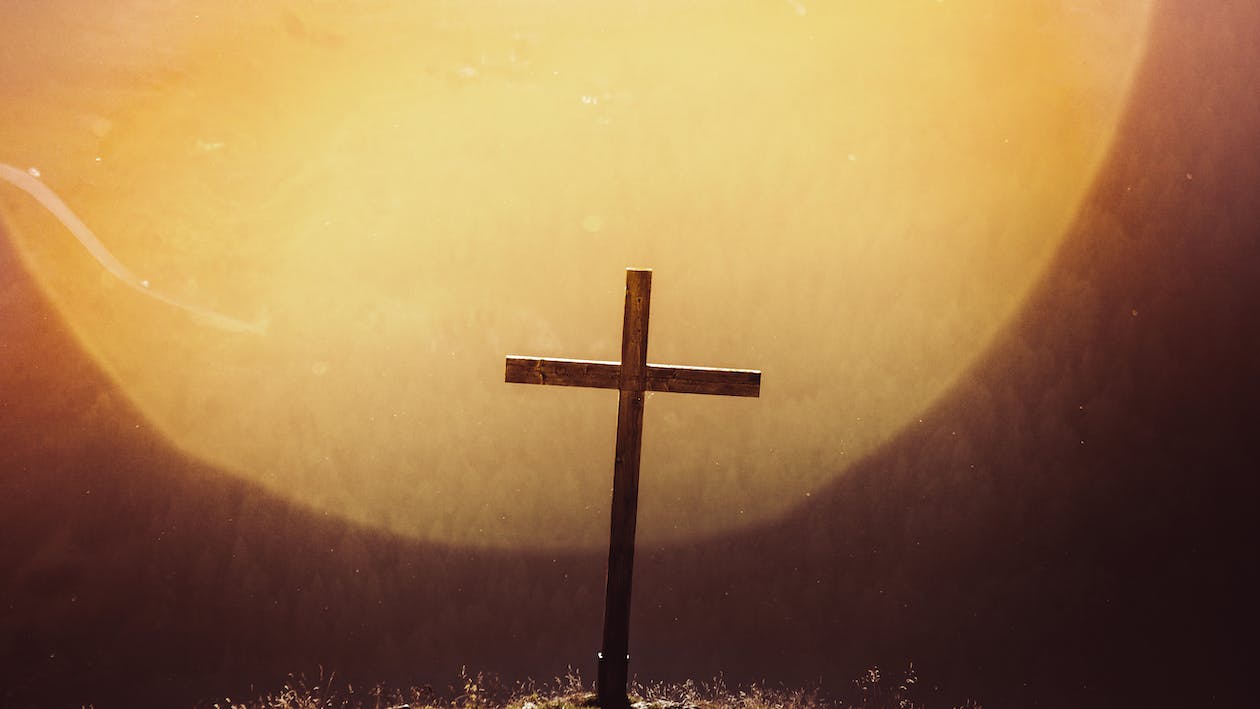The first of the cult’s victims were discovered on a ranch in Shakahola forest in southeast Kenya on April 13.
Some were found dead, while others were alive but in weak and emaciated condition.
The search has since uncovered mass graves amounting to a death toll in the hundreds.
Autopsies of the recovered bodies have shown that most of the victims died of starvation, but others indicate death by strangulation, suffocation, and blunt force trauma.
Last week, authorities expanded their search to cover almost 15,000 hectares in an attempt to locate a further 600 people still reported missing.
This past Tuesday, a further 19 bodies were exhumed from mass graves in Shakahola forest.
Survivors have alleged that cult leader Paul Mackenzie ordered his followers to fast to death, and that this would allow them to ascend to heaven and “meet Jesus” before the arrival of the impending apocalypse.
The “pastor” said that children should be the first, followed by women, then men – and said he would be the last join them.
Mackenzie rose to fame and influence throughout the 2000s and 2010s as an evangelical preacher, characterised by his “fire and brimstone” teachings.
By 2017 he was a popular televangelist, broadcasting his extremist sermons on his own gospel TV channel and online via YouTube.
Mackenzie was arrested in 2017 and 2019 for his extremist views but was released on bail on both occasions.
After his second arrest, Mackenzie announced he would close the church and move to a remote ranch in Shakahola forest, which he called the new “holy land”.
Hundreds of followers flocked to join him, leaving their lives and loved ones behind.
Tragically, many of them would not be seen alive again.
Dangerous churches, cults, and other religious groups are not uncommon in Kenya, which is seeing rekindled debate on the regulation of religious worship.
Thousands of churches exist across the country, only 32 of which are legally recognised.
Kenya hosts a predominantly Christian population, many of whom identify as evangelical, including the country’s president, William Ruto.
Ruto spoke about the incident amid widespread criticisms of the government for its inaction and poor handling of the case.
“I am not taking it lightly. I am taking responsibility that as president this should not have happened,” he said in an interview with Kenyan news outlets on Sunday.
“Terrorists use religion to advance their heinous acts. People like Mackenzie are using religion to do the same thing.”
However, opposition leader Raila Odinga publicly criticised Ruto, alleging that the president has ties to other religious cult figures.
“Ruto is as much a suspect as all the cult pastors. He owes the people of Kenya an explanation before he purports to be trying to solve the problem,” Raila said.
Mackenzie has been in the custody of police since April.
He has denied all accusations of wrongdoing.






